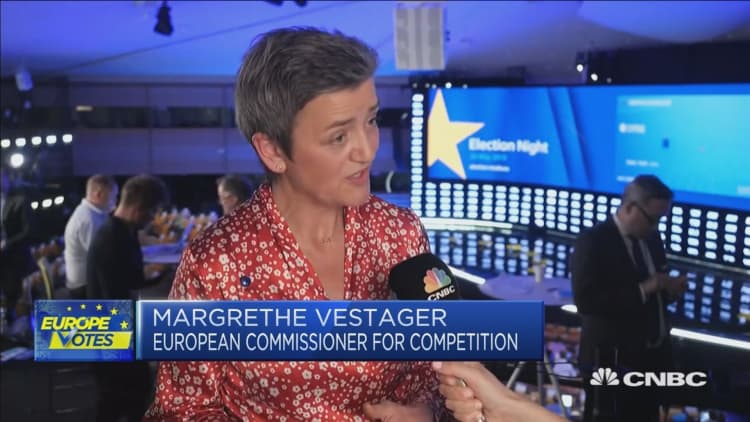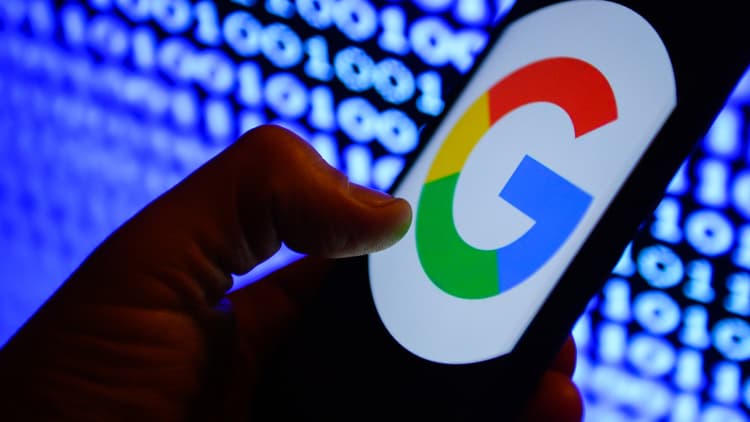Margrethe Vestager has been named as the next head of competition policy for the EU, meaning she will continue to oversee investigations into major technology firms.
Vestager, once dubbed by President Donald Trump as Europe's "tax lady," has become famous for her billion-dollar-fines against Google and the call on Apple to repay 13 billion euros back to the Irish government; to name just a few of her most well-known investigations over the last five years.
But despite her experience in the role, the Danish politician will have plenty of challenges ahead. These include addressing increasing concerns over data privacy and data use, as well as a potential reform of competition rules.
Vestager decided earlier this year to block a major rail merger between a French and a German firm — a move that upset their respective governments, which argued that Europe needed bigger players to fight on the international landscape. It led to a call for changes to EU competition rules.
Adding to her responsibilities, Vestager will also be taking over as the executive vice president for digitization — meaning she will have the second highest ranking position at the institution, alongside with Dutchman Frans Timmermans and the Latvian Valdis Dombrovskis.
Tuesday's announcement came as Ursula von der Leyen, the incoming president of the European Commission, presented her new team — due to take over on November 1. The appointments still need to be cleared by European lawmakers.
The Commission, the institution in charge of proposing policies at the EU level and overseeing whether member states comply with it, is led by a president and a commissioner from every single member state. Even though the U.K. is still a member of the European Union, the British government decided not to appoint any representative amid its intention to leave the EU at the end of October.

Brexit
The new set of commissioners will undoubtedly be dealing with Brexit, even if the U.K. leaves on the current scheduled date of October 31.
In this context, Phil Hogan, the commissioner from the Republic of Ireland, has been selected as the next trade chief. This means he will be responsible for negotiating trade deals with other countries, including the U.K., if the latter leaves the EU without a deal.
Hogan will also be working with the United States. Trump has until mid-November to announce whether he will be pursuing with tariffs on European cars — a move that could heighten tensions between both sides of the Atlantic.
Italian economics
Meanwhile, Paolo Gentiloni, former Italian prime minister and minister of foreign affairs, will be the next economics commissioner.
He is a member of the Partito Democratico (PD), which recently joined forces with the Five Star Movement to lead Italy. The coalition government has yet to prepare its 2020 budget, but their fiscal plan will be under scrutiny by the new European Commission.
Nonetheless, Gentiloni will be working together with Valdis Dombrovskis, who is carrying on his work at the Commission level. Dombrovskis will be responsible for financial services.



